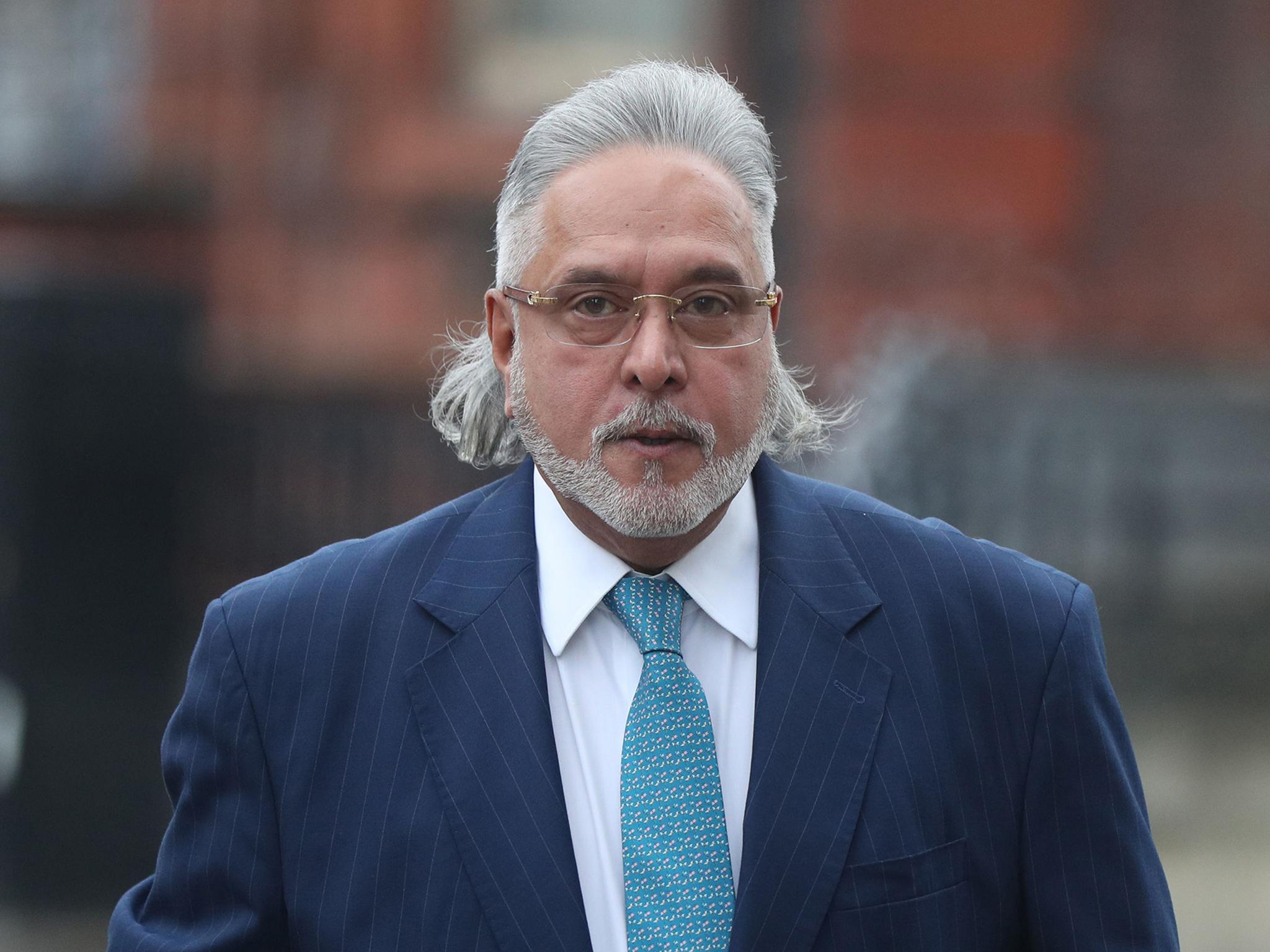Vijay Mallya: India’s supreme court rules against businessman who fled to UK
Court also imposed fine of £21 on businessman who has net worth of roughly £1bn

The Supreme Court of India sentenced businessman Vijay Mallya to four months in jail and imposed a fine of Rs 2,000 (£21) for a 2017 contempt of court case. Mallya, who is currently on bail in the UK, has a net worth of roughly $1.2bn (£1bn).
The court had in 2017 found Mallya guilty of transferring $40m to his children in violation of orders passed in a case related to the now-defunct Kingfisher Airlines.
Mallya fled to the UK in 2016 as accusations around the airline’s collapse were growing, and the Indian government applied for his extradition to face fraud charges in 2017. He denies any wrongdoing and has been fighting extradition in the courts ever since.
On Monday, the Supreme Court ordered him to return the $40m with 8 per cent interest within four weeks’ time or face further action.
The bench presided over by Justice U U Lalit said that having already held Mallya guilty of contempt, it must impose “adequate sentences” on him to “uphold the law”. It noted that Mallya did not show any remorse.
The court said that “the transaction of 40 million dollars by Vijay Mallya to his children is void and inoperable”.
“If this is not deposited, the recovery officer can take appropriate actions for recovery of the said amount and the government of India and all agencies should assist in that process,” the court order said.
The Supreme Court had held Mallya guilty of contempt on two counts on 9 May 2017 – for disobeying its order asking him to fully disclose his assets and for violating a Karnataka High Court order restraining him from alienating his assets. The court found at that time that he had not disclosed the receipt of $40m in his account and transferred it to his children.
The Supreme Court’s 2017 order came on a plea filed by a consortium of banks which is pursuing a case against him for failure to repay loans over Rs 90 billion (£950m).
The consortium led by the State Bank of India (SBI) had alleged that he transferred $40m, received from British firm Diageo, to his children in “flagrant violation” of various judicial orders.
Join our commenting forum
Join thought-provoking conversations, follow other Independent readers and see their replies
Comments
Bookmark popover
Removed from bookmarks